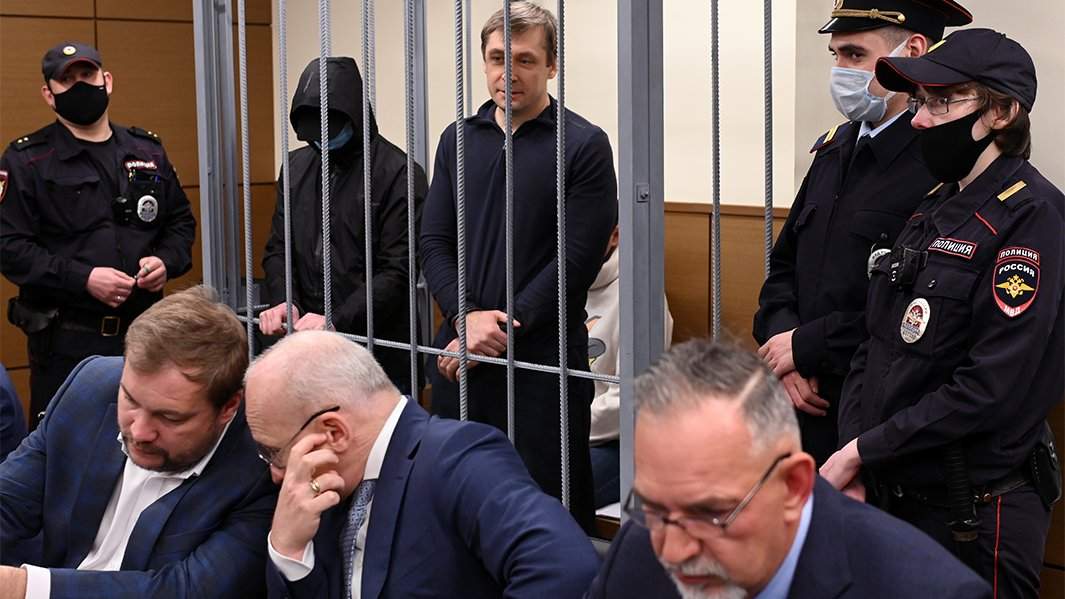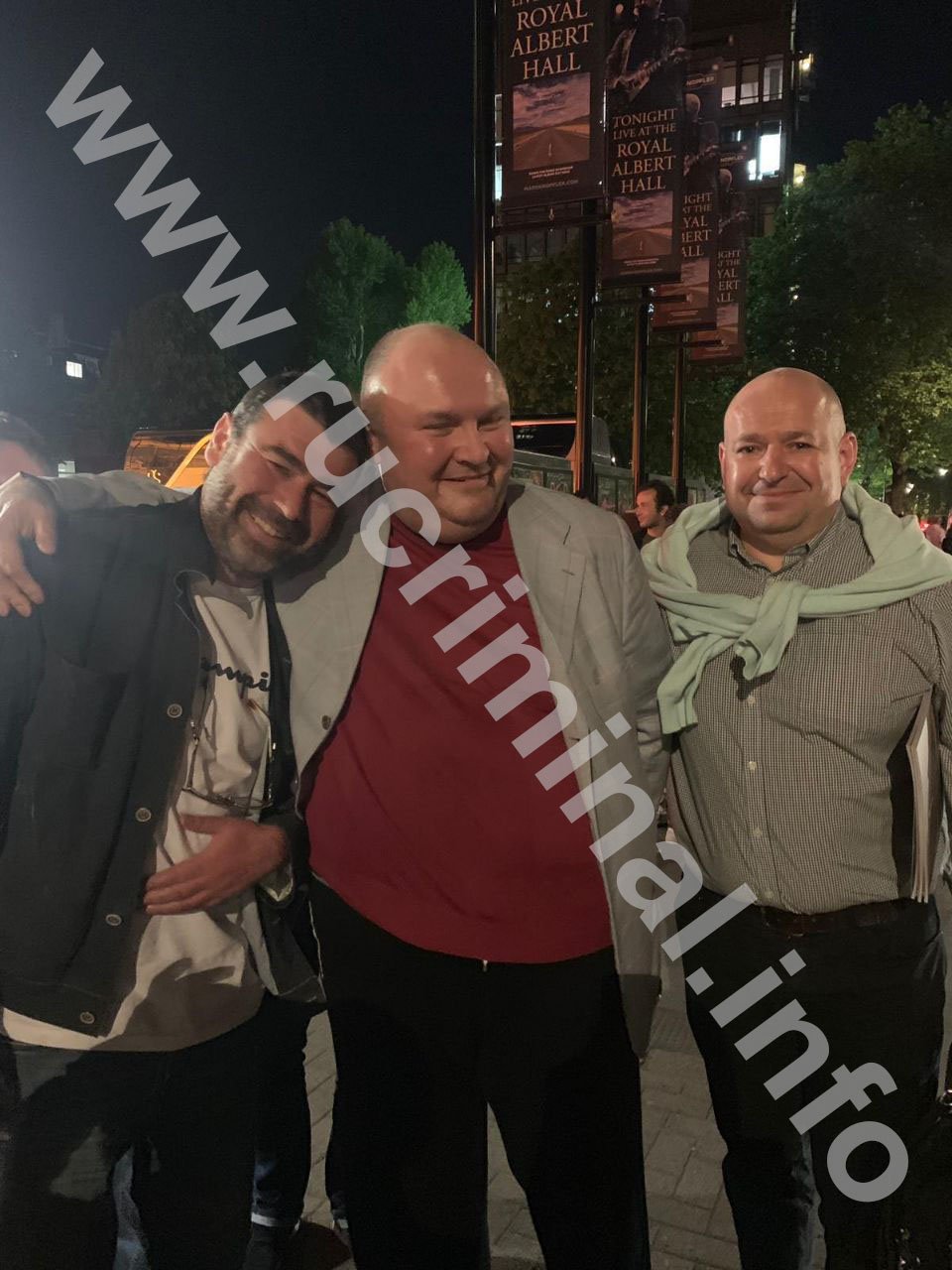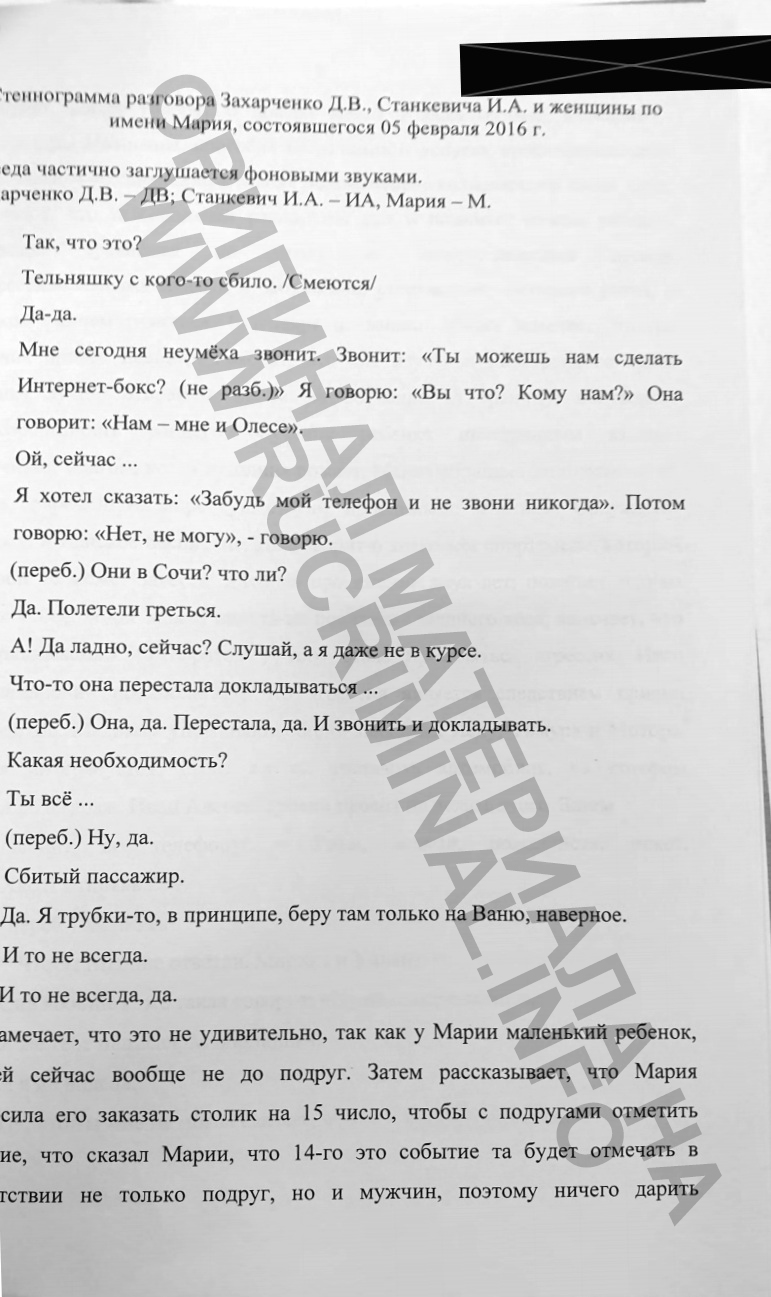Source: www.rucriminal.info
Russian Railways (RZD) is a state-owned transport monopoly and one of the largest recipients of budget funds. However, in recent years (2022–2025), the company has found itself at the center of numerous corruption scandals. Schemes for embezzling tens of billions of rubles, procurement abuses, overstated project costs, and abuse of official position for personal gain have been uncovered. These facts are supported by official investigations, court materials, and journalistic revelations – and represent such a level of detail and reliability that they cannot be ignored by either law enforcement agencies or the public. Below is an analytical report from a journalistic investigation that summarizes the most high-profile cases and systemic problems. The focus of the VChK-OGPU Telegram channel and Rucriminal.info is the policy of CEO Oleg Belozerov and its impact on freight transportation and investment; questionable infrastructure projects (especially those related to the 1520 Group of Companies); the activities of Deputy CEO Sergei Charkin and his role in procurement; numerous violations of Federal Law No. 223-FZ on procurement and the passivity of supervisory authorities; as well as direct and indirect evidence of the involvement of Russian Railways management and affiliated persons in corruption schemes.
Oleg Belozerov's Policy: Investments at the Cost of a Drop in Transportation
Russian Railways CEO Oleg Belozerov has headed the company since 2015, replacing Vladimir Yakunin, whose leadership was accompanied by high-profile corruption scandals. When taking office, Belozerov declared his commitment to reforms and the fight against embezzlement. According to a source of the Cheka-OGPU, in practice, the new head's strategy focused on large-scale investment projects and increasing tariffs, which had contradictory consequences for freight transportation. Thus, the investment program of Russian Railways has grown to record proportions in recent years, reaching 1.5 trillion rubles in 2024. To finance it, the management lobbied for an unprecedented increase in freight tariffs, effectively shifting the costs to the railway's customers. This led to a short-term increase in revenue, but at the same time worsened the quality of services: the turnover of cars increased (the turnaround time of a freight car increased), there was a shortage of locomotive crews and throughput capacity on key routes. Russian Railways reported a "record surplus of cars", but in practice, network overload and problems with equipment repair led to disruptions in transportation. Many shippers, faced with rising tariffs and a decrease in delivery reliability, began to transfer cargo to alternative modes of transport - road and water. Experts noted that this state of affairs undermines the cargo base of Russian Railways and leads to an outflow of customers. As a result, by the end of 2024, Russian Railways had to significantly cut its appetites.
The investment program for 2025 has been reduced by approximately 40%, to ~890 billion rubles, due to a funding shortage. Thus, Belozerov's policy - aggressive investments at the cost of increasing tariffs - has resulted in a paradoxical result: money has been attracted, but part of the freight flow has been lost. High costs of infrastructure projects (construction of new lines, modernization of the BAM and Trans-Siberian Railway, etc.) combined with ineffective management have created grounds for corruption. Rucriminal.info investigations show that a significant share of investment funds was developed through affiliated contractors at inflated estimates, which brought personal benefits to a narrow circle of people, but damaged the capacity and reputation of the railway. Inflated contracts of the "1520 group": fictitious work and billion-dollar kickbacks. One of the most scandalous episodes was the corruption scheme around the 1520 Group of Companies, the largest contractor of Russian Railways, specializing in the construction and reconstruction of track infrastructure. Unofficially, this consortium was called the "Krapivin Group" after businessman Andrei Krapivin, a long-time adviser to the former head of Russian Railways. After the change in the leadership of Russian Railways in 2015, the influence of this group did not weaken immediately. On the contrary, in 2017-2018, 1520 Group of Companies topped the Forbes rating of "Kings of Government Procurement", having received contracts from Russian Railways for an astronomical amount - 218.2 billion rubles in just one year.

In fact, every third ruble of the investment program ended up in the projects of this affiliated group. The investigation subsequently established that such generous financing was accompanied by a classic kickback scheme. Co-owners of 1520 Valery Markelov and Boris Usherovich paid huge bribes to high-ranking security officials for many years to "protect" their contracts. According to the Investigative Committee, between 2007 and 2016, Markelov and Usherovich transferred at least 2 billion rubles to Interior Ministry officials for general patronage, thanks to which they felt untouchable. This money went to Colonel Dmitry Zakharchenko, deputy head of the anti-corruption department of the Interior Ministry, who actually worked "for 1520" - in the interests of the group of companies y Markelov and Usherovich. Zakharchenko was nicknamed the "billionaire colonel" in the press after about 9 billion rubles in cash were seized from his home during his arrest in 2016 - mountains of bills in different currencies, the origin of which could not be explained for a long time. Only years later did a direct connection between this huge amount and Russian Railways contractors emerge: a significant part of the seized cash - at least 2 billion - turned out to be the same "kickbacks" from Markelov and company.

The story developed in 2018-2019. In the fall of 2018, Valery Markelov was arrested, and in the spring of 2019, the Basmanny Court of Moscow also arrested Boris Usherovich in absentia - by that time he had fled abroad (he was put on the wanted list). Usherovich is accused of transferring a bribe to the same Colonel Zakharchenko in the amount of 2.39 billion rubles - a record kickback, transferred in parts over several years. The third partner of the group, Alexey Krapivin, is not formally involved in the criminal cases and preferred to remain in the shadows, but it was the structures associated with the Krapivin family that owned the controlling stake in GC "1520" and won the main tenders. In essence, Krapivin-Usherovich-Markelov created a monopoly on construction contracts for Russian Railways, acting through a network of affiliated firms and securing the patronage of corrupt security officials. During the investigation, details of the scheme were revealed: contractors from "1520" concluded contracts with Russian Railways at inflated prices, often including fictitious work and expenses. The difference between the actual costs and the inflated contract price settled in the accounts of intermediary companies controlled by the beneficiaries of the group. Some of these funds were then transferred to patrons, such as Zakharchenko, who, according to witnesses, received a monthly "subscription fee" from Markelov for protecting their business. For example, it follows from the case materials that the Interior Ministry colonel received approximately $150,000 monthly from this group for general "resolution of issues." In exchange, the security forces guaranteed the absence of inspections and the winning of tenders by the desired companies. Such a criminal connection between businessmen and corrupt officials allowed the "1520" group to freely master hundreds of billions of rubles from the Russian Railways budget for almost a decade.

The legal results of this story are still ambiguous. In 2022, the Presnensky Court of Moscow sentenced Dmitry Zakharchenko to 16 years in a maximum security penal colony for accepting bribes (in the amount of ~1.4 billion rubles for the presented episodes). Valery Markelov appeared in court along with intermediaries in giving bribes. He later died of a serious illness. Boris Usherovich is still hiding abroad, his case has been separated into a separate proceeding. Nevertheless, the key fact has been officially established: the top management of the largest contractor of Russian Railways has been corruptly interacting with officials for many years, stealing the company's funds. The damage from the episodes with Zakharchenko alone is estimated at a minimum of 2-3 billion rubles, and indirectly - several times more, given the overstatement of the cost of contracts by 218 billion rubles of state orders.
To be continued...
Denis Zhirnov
Source: www.rucriminal.info






